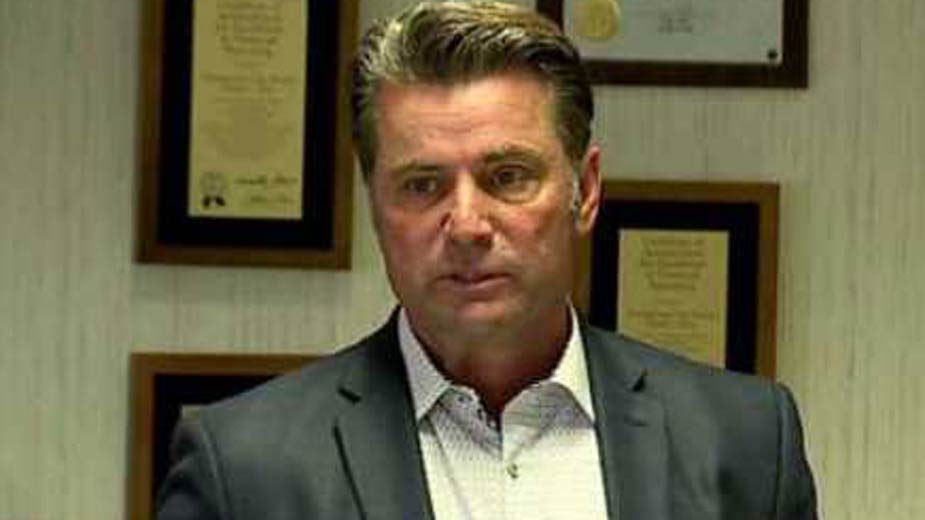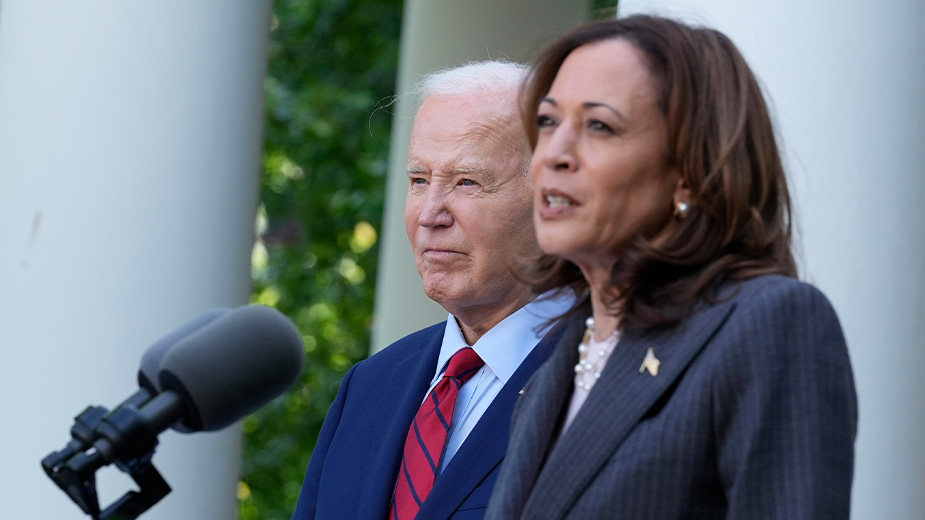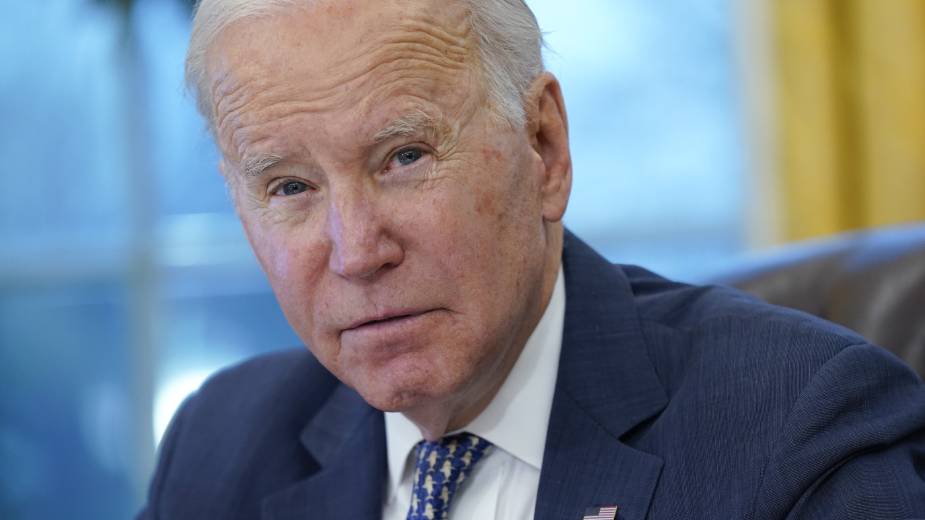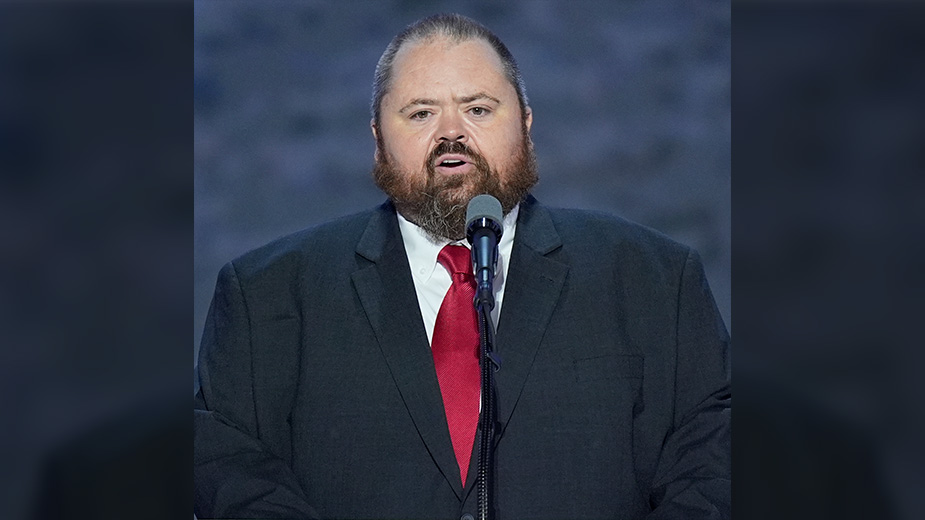Prosecutors Add Details in Marchionda Case
YOUNGSTOWN, Ohio – Prosecutors shed light Thursday on the charges against real estate developer Dominic J. Marchionda, whom they allege diverted public money from development projects he spearheaded in the city for his personal use.
According to a bill of particulars filed by prosecutors Dec. 28 in Mahoning County Common Pleas Court, auditors examined more than 50 bank accounts associated with Marchionda and outlined hundreds of financial transactions and transfers that they say point to theft of public money.
Most of the allegations were spelled out in an indictment handed up Oct. 2, which charged Marchionda and his associated companies with more than 100 counts of illegal activity, ranging from records tampering and telecommunications fraud to aggravated theft and money laundering.
Marchionda has pleaded not guilty to the charges. His trial, originally scheduled for Dec. 11, has been continued and a pre-trial hearing before Judge Maureen Sweeney is set for March 16.
Daniel Kasaris, special assistant Mahoning County prosecutor and senior assistant Ohio attorney general, filed the bill of particiulars on behalf of Mahoning County Prosecutor Paul Gains in response to the defendant’s request.
According to prosecutors, the bill of particulars show that a portion of the money awarded by the city for three Marchionda projects — The Flats at Wick, Erie Terminal and the Wick Tower — was used to pay the developer’s personal expenses and bills.
The indictment alleges that Marchionda improperly spent at least $600,000 of $4.7 million in grants and loans the city earmarked for the three projects. The money was awarded through the city’s wastewater grant and float loan programs, and agreements stipulated that the water grants would be spent on water-related projects and the float loans used within the scope of the development projects.
But a substantial amount of this money, prosecutors claim, was used for Marchionda’s personal expenses such as country club fees, medical bills, real estate taxes and other purposes.
In one instance, prosecutors say Marchionda in 2009 received $1.2 million in water utility grant monies for the Flats At Wick project, and transferred $45,000 into a personal account that covered expenses such as purchases at department stores, medical bills and country club fees.
In addition, the state alleges that $1 million of that money was used to purchase a fire station from the city, located at the corner of Elm Street and Madison Avenue adjacent to0 where the Flats at Wick was built. That money, prosecutors say, was then improperly transferred into the city’s general fund under the direction of city Finance Director David Bozanich. Under state law, the city cannot move money from its wastewater account to the general fund account.
Only $130,000 of the $1.2 million was used for its intended purpose, court papers say. And that money was paid to B&B Construction for work performed on the project, according to court documents.
Prosecutors also claim that public money earmarked for the Erie Terminal and Wick Towers projects would first be transferred into the bank account of Rubino Construction, which acted as a contractor on both projects and of which Marchionda was president. Money would then be transferred into Marchionda’s personal accounts, according to documents.
Prosecutors allege that in the case of the Wick Tower project, Marchionda used float loan money to cover personal debts for himself and his wife, Jackie. These include payments such as “the cable bill, the doctor bills, car loans, massages, insurance, the garbage bill, and more.”
In another matter, prosecutors allege Marchionda wrote a check for $1,747.50 to help pay for jewelry on an account reserved for money that was raised at a charity golf outing. The money was intended for the Rich Center for Autism, prosecutors say.
The indictment also alleges Marchionda and others falsified documents in order to obtain grant or loan money from the city, banks, the state of Ohio, and the federal government.
In the Erie Terminal project, documents say, Marchionda altered records to make it appear that 96% of the plumbing work in the building was completed when, in fact, it was not. The bogus record was submitted to the city in order to secure all of a $350,000 water utility grant from the city.
At the same time, the architect on the project received a similar record asserting that just 59% of the plumbing work had been finished, which was accurate, prosecutors say.
Prosecutors say that Marchionda also needed the money to help fund his cash-starved projects.
“Between 2011 and 2015, Marchionda or accounts he controlled, paid out over $2,400 in bounced checks fees, not including checks that had fees waived,” documents say. “In addition, the constant moving of large sums of money from bank account to bank account, coupled with the fact that government money hits a particular bank account that often time the account is in the negative or has a low balance, paints a picture of a cash-strapped operation.”
Copyright 2024 The Business Journal, Youngstown, Ohio.



